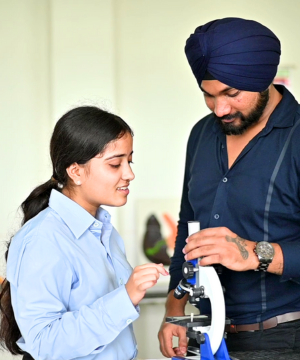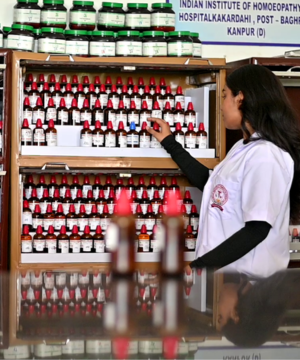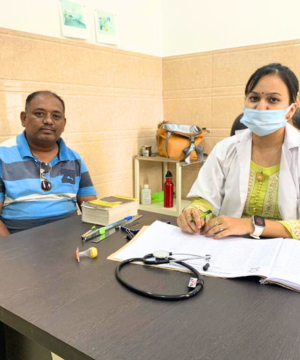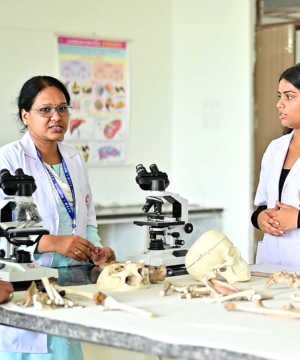The Department of Community Medicine, also known as Public Health or Preventive and Social Medicine, is a crucial branch of medical education focused on the health of populations. This department emphasizes the prevention of disease, promotion of health, and the organization of health services. It plays a significant role in training healthcare professionals to understand and address the social, economic, and environmental determinants of health.
Community Medicine aims to improve health outcomes by implementing public health policies, conducting epidemiological research, and promoting health education. It involves studying health trends, preventing diseases, and managing health programs to benefit communities at large.
Key Areas of Focus
Educational Objectives
Curriculum and Teaching Methods
Faculty and Resources
Importance in Medical Education
The Department of Community Medicine is essential for training healthcare professionals who can address public health challenges and improve health outcomes at the population level. Understanding the principles of epidemiology, health promotion, and disease prevention is crucial for developing effective health policies and interventions.
By integrating theoretical knowledge with practical experience, the Department of Community Medicine prepares medical students and public health professionals to work in diverse settings, from rural communities to urban health centers. This comprehensive training is vital for ensuring the health and well-being of populations and promoting a healthier society.




Whether you’re considering a foundation course or an undergraduate academics is a place.
View AllCopyright © 2024 All Rights Reserved by Indian Institute Of Homoeopathy & Hospital